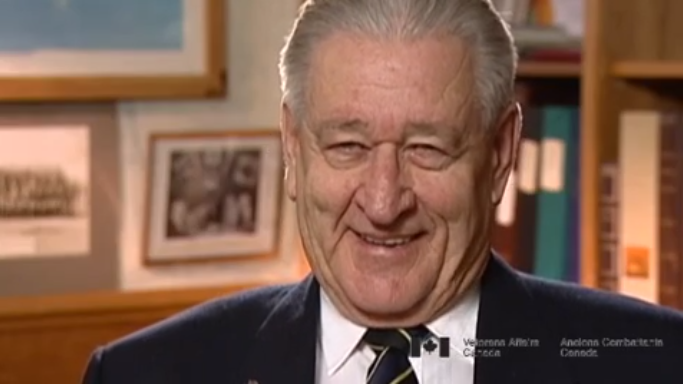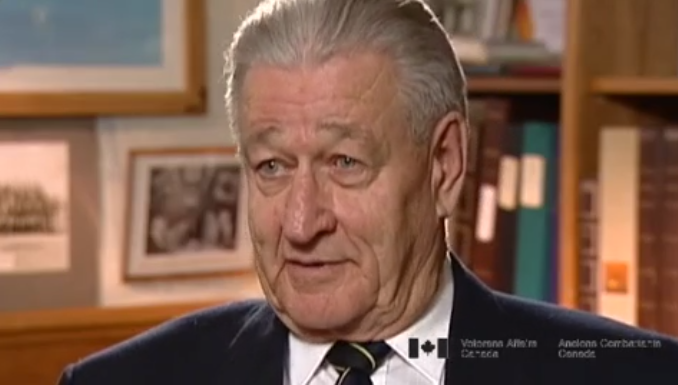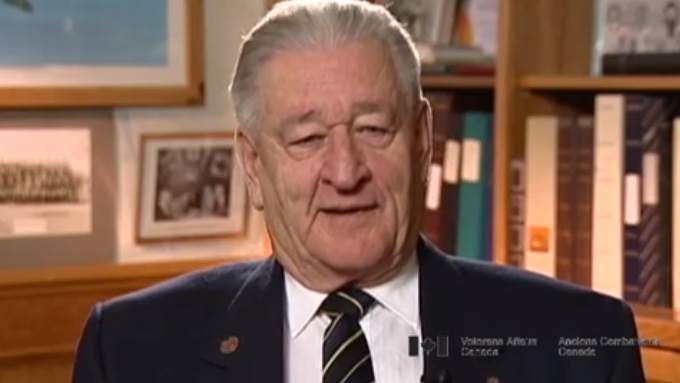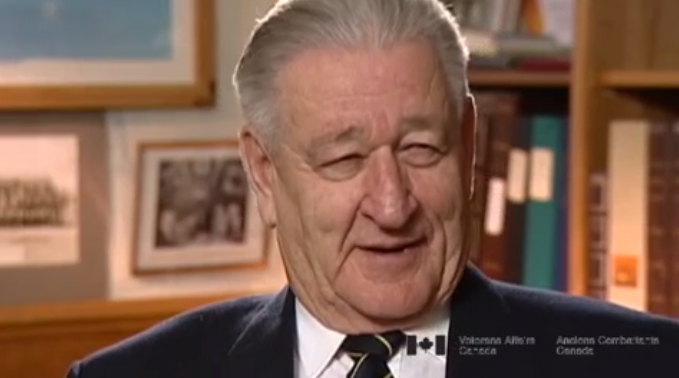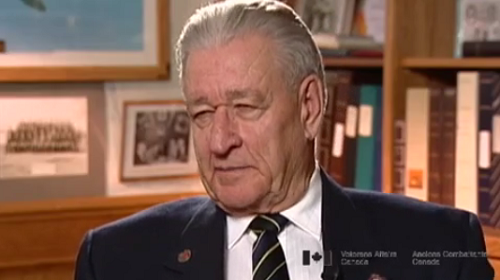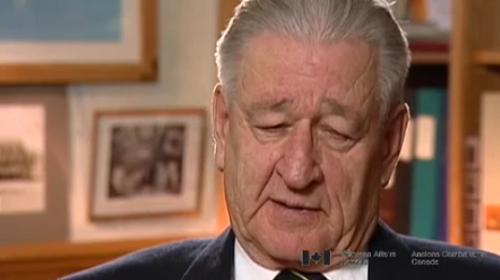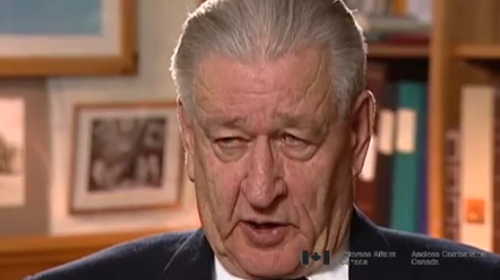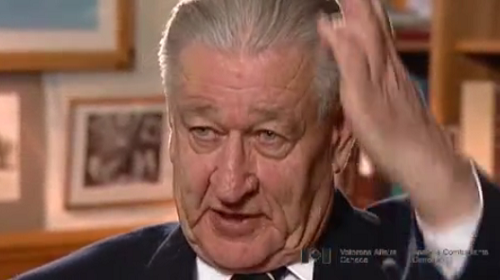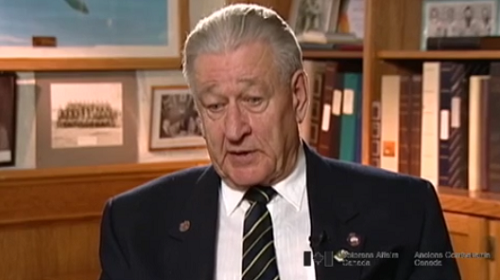Military and Civilian Casualties
Heroes Remember
Military and Civilian Casualties
Remembrance Day for me is a time when
I try to instill in my children and in my
grandchildren the importance of
remembering what happened.
Not so much the suffering that we went
through as soldiers, but what happened
in these lands, the dying, the suffering,
the total dehumanization of a people,
of people and that happened.
And this is why we try to remember.
It's not only remembering our comrades,
those that went before us and died.
We do remember those people,
but there's more to it than that.
And that's my responsibility to them.
I try to do that. It's interesting that this
year the students that I talk to and I had...,
they gave me great respect because
there wasn't a sound, and usually
kids are noisy and unattentive or inattentive,
and these weren't and they wanted to know.
I told them, there were children like you
and there were. And so I think that's a
responsibility of mine too, if I can just reach
one or two of those youngsters and
that they understand and carry that message.
And their primary responsibility is to ensure
that politicians talk about peace.
War is not the answer.
It wasn't in Korea, it wasn't in the
Second World War, it wasn't in the
First World War but there are times
I know that it becomes necessary that you
have to stand up and be counted and one
of the ways is dying and that's war.
Related Videos
- Date modified:



